Blog
-
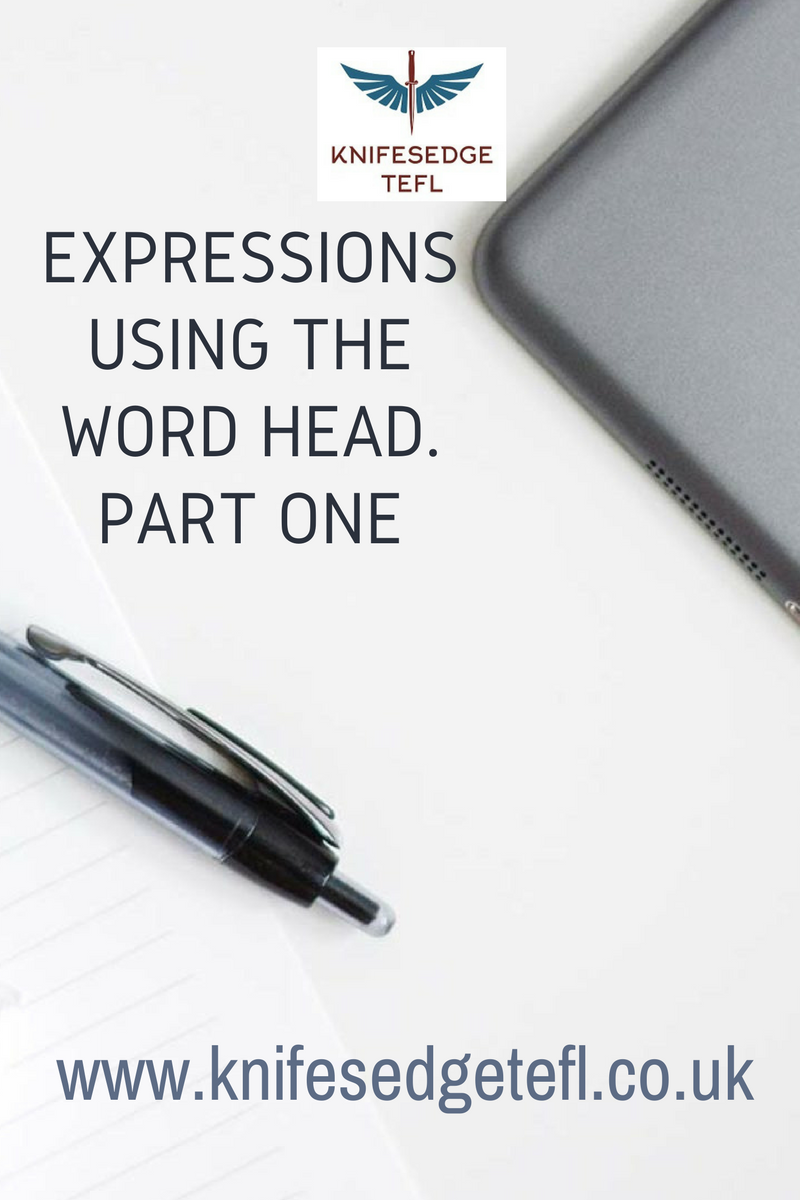
Expressions using the word Head. Part one
Parts of the body are used in many idioms, expressions and phrasal verbs. Here are some related to the head. Head off – used to state you are starting a journey “I’m just heading off to the shops.” Head out – similar to head off but used specifically to express you are leaving a place.…
-
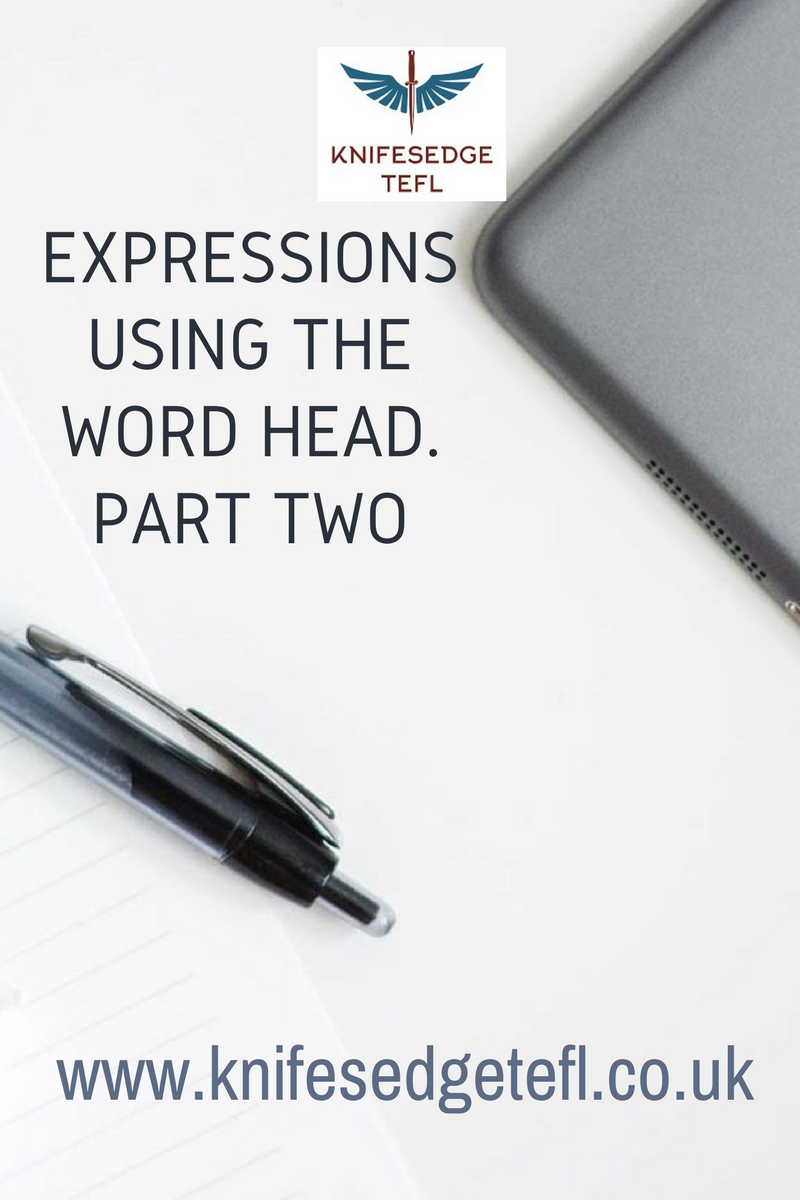
Expressions using the word Head. Part two
Parts of the body are used in many idioms, expressions and phrasal verbs. This is part two in a series of expressions related to the head. Over your head – used if you don’t understand something or don’t ‘get’ a joke. “The instructions were too complicated, they went straight over my head.” In over your…
-
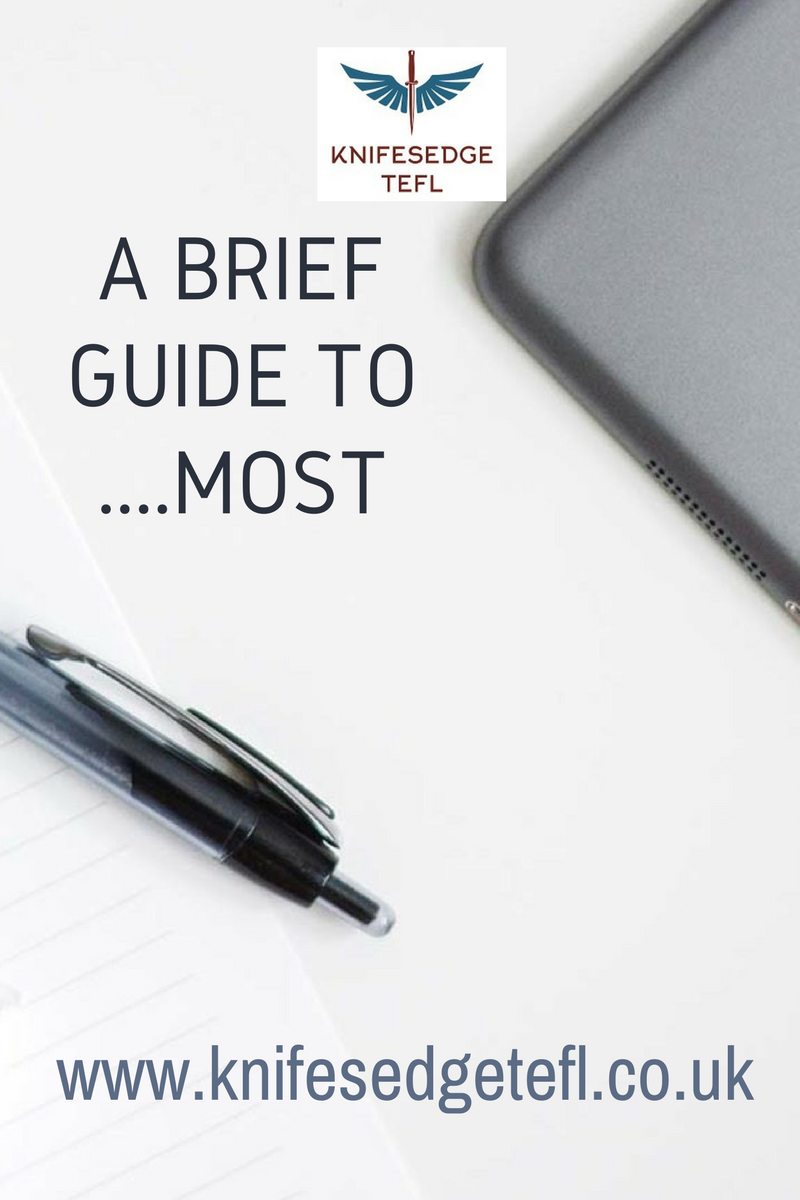
A brief guide to….Most
Most…with a noun Most is used with nouns to mean the majority of Most orange juice comes in cartons Diane enjoys most soap operas NOTE: We don’t use the most in this way I go to the gym on most days I go to the gym on the most days If talking about the majority…
-
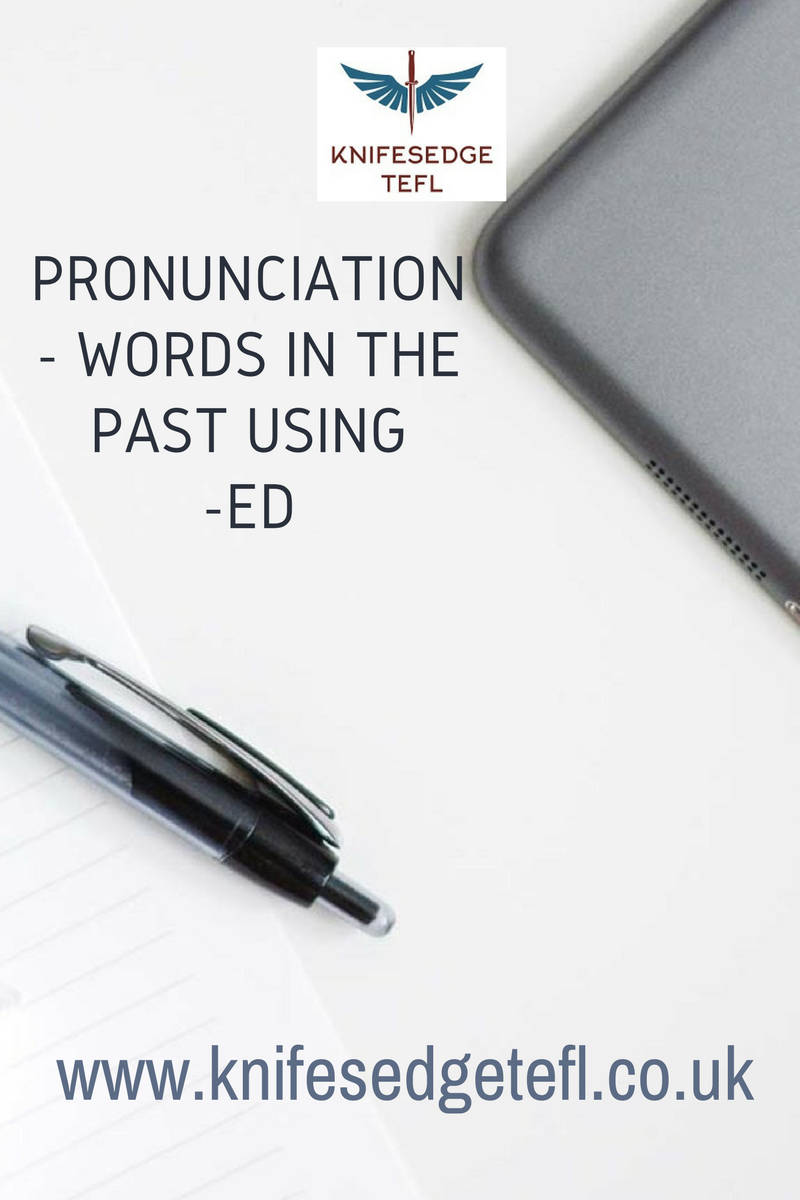
Pronunciation – Verbs in the past ending in -ed
Many of my students experience problems pronouncing verbs in the past ending in -ed and there is a simple rule to remember with these words. If the verb ends in a /t/ or /d/ we pronounce the -ed as /id/ I waited all day He repeated the words after his teacher For other words, we…
-
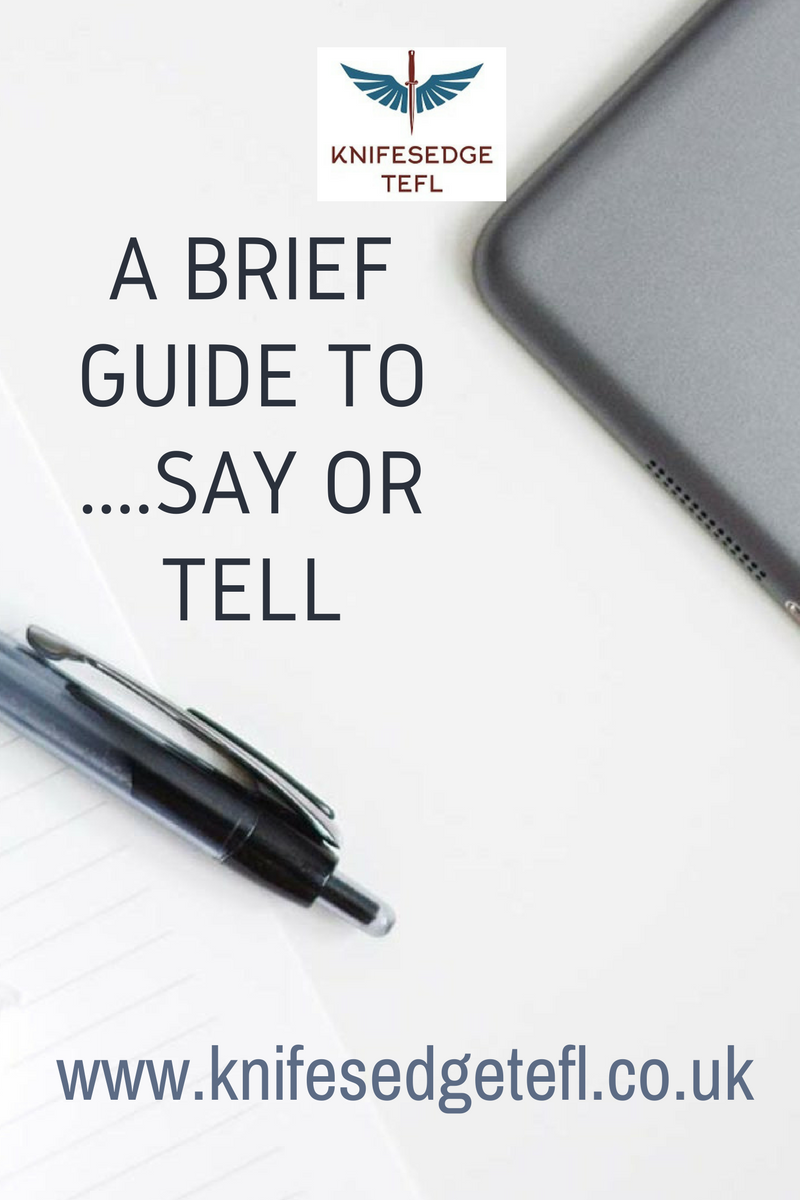
A brief guide to ….Say or Tell?
One common problem among many of my students is the use of Say or Tell in a sentence. They have similar meaning, both mean “to verbally communicate with someone” The key difference is that we tell someone something but we simply say something. We don’t say Tell to her or Say her. With tell we…
-
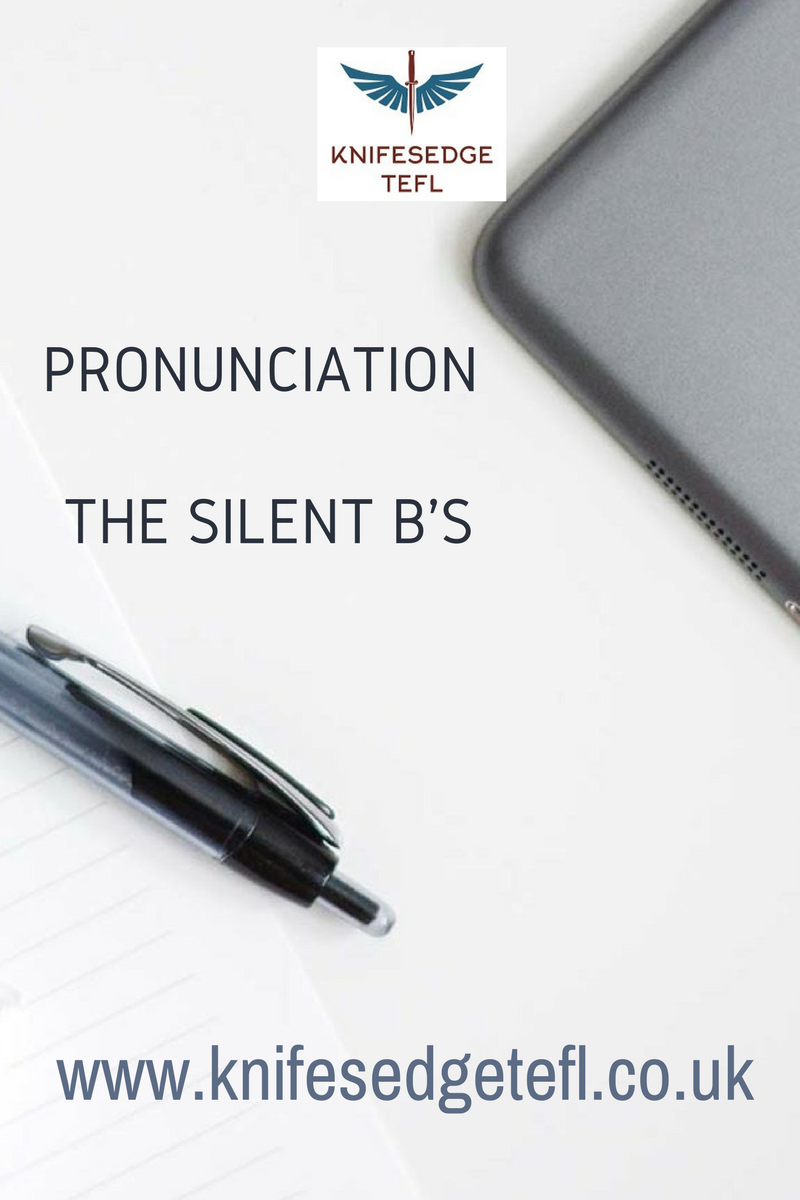
Pronunciation – The Silent B’s
One common pronunciation problem I often hear from my students is the silent letter B that appears in many words in English. Here are some examples and how to pronounce them. Doubt – the OU here is pronounced ‘ow’ and the B is completely silent. Rhyming with OUT Debt – rhyming with PET Climb –…
-
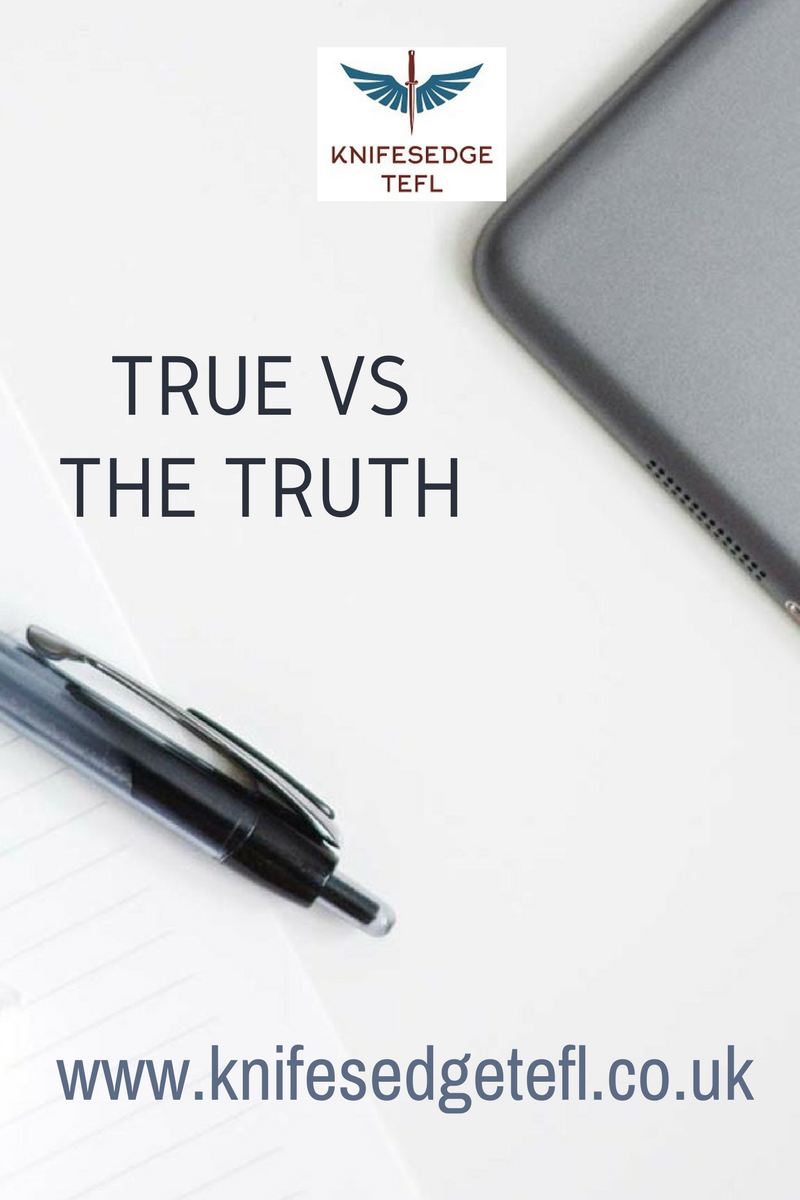
True vs The Truth
One mistake a lot of learners make is the difference between true and truth and when to use them. True, defined as in accordance with fact or reality, is an adjective so can be used to describe something. “This is a true statement.” “Be true to yourself.” And in that respect can be also used…
-
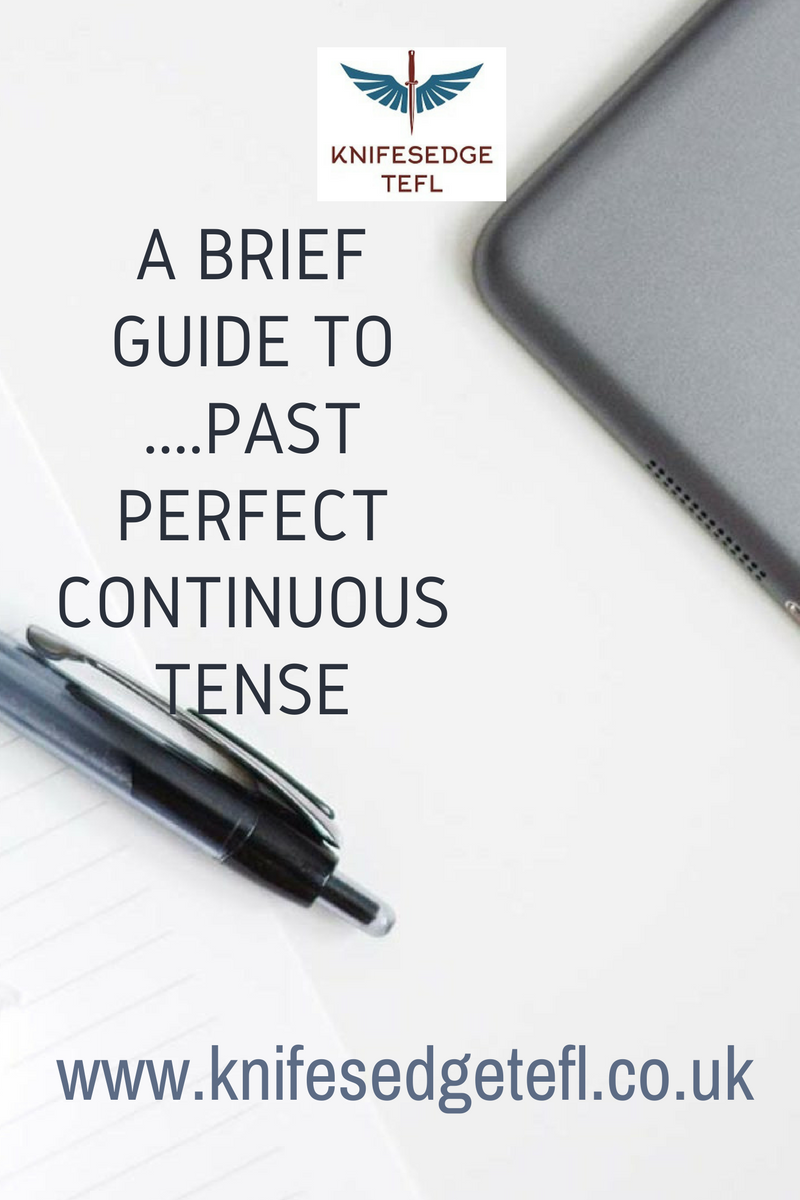
A brief guide to….past perfect continuous tense
Past perfect continuous (or progressive) is a tense commonly used in English to express something you started in the past, continued and ended at some time before now. The structure of this uses HAD BEEN and the verb ending -ing. When, since, for and before often appear alongside past perfect continuous in these sentences. I had…
-
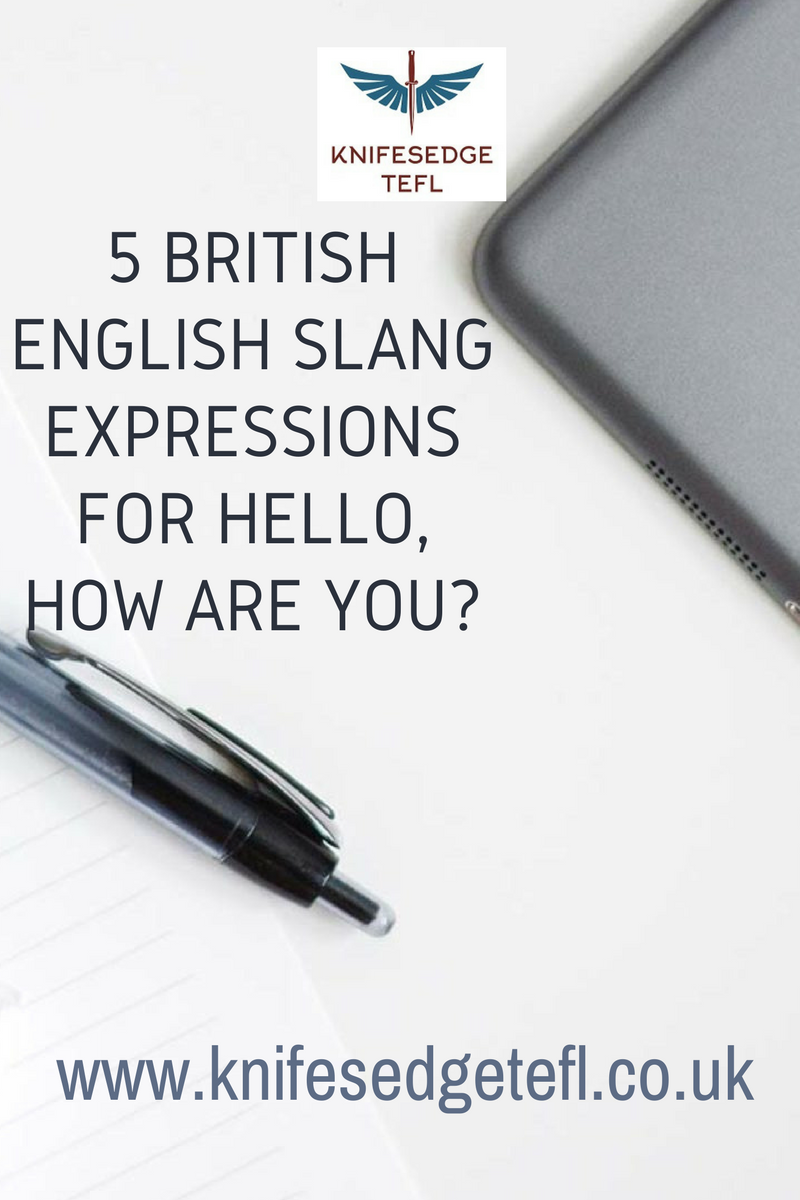
5 British English Slang expressions for….Hello, how are you?
As with all languages, there are a number of ways to greet people in English, especially in the UK. While you might have learned the formal greetings like good morning, good afternoon and good evening, the following are slang terms you might use with someone you are familiar with. Hi/Hey – As in the US,…
-

30 minutes of English a day
You can’t always be talking to a conversation tutor (as much as I’d love to, even I can’t work 24 hours a day!) One thing I’m recommending to my students that are not already immersed in an English speaking country is doing something in English for at least 30 minutes EVERY day. So here are…